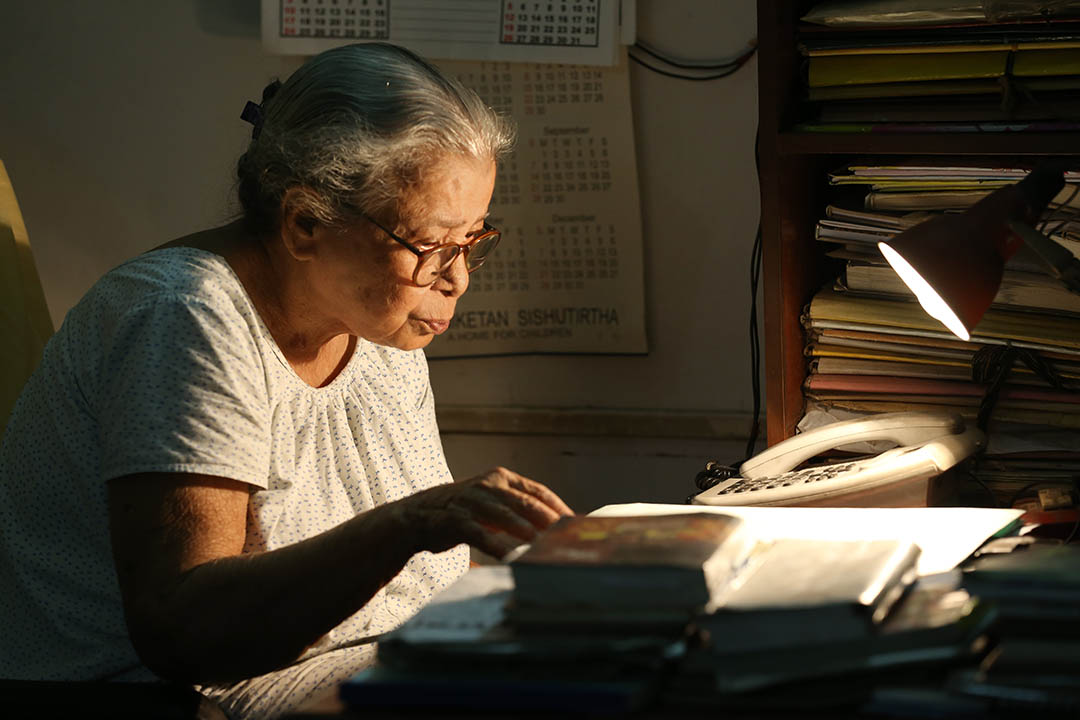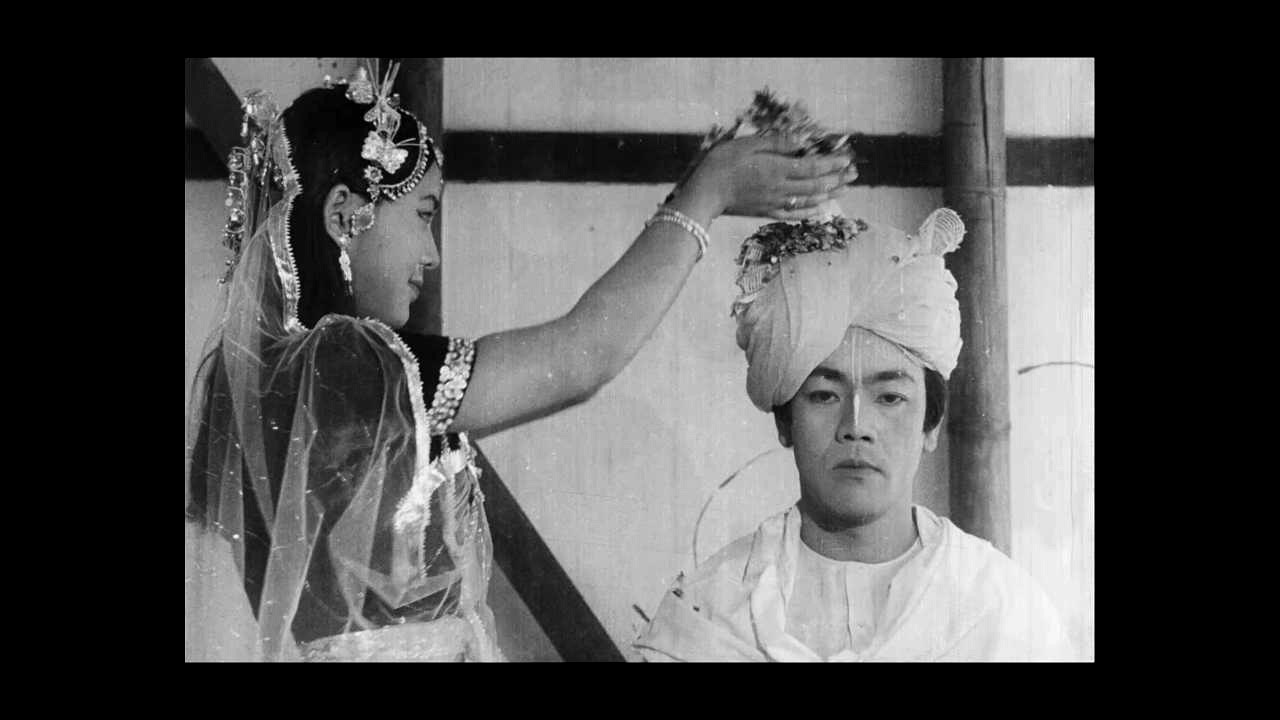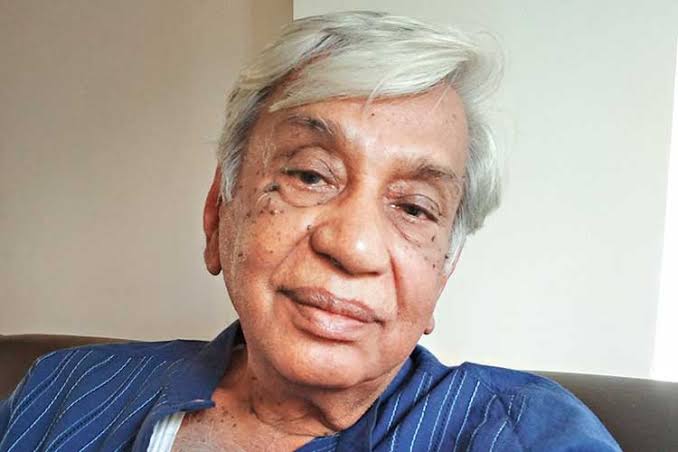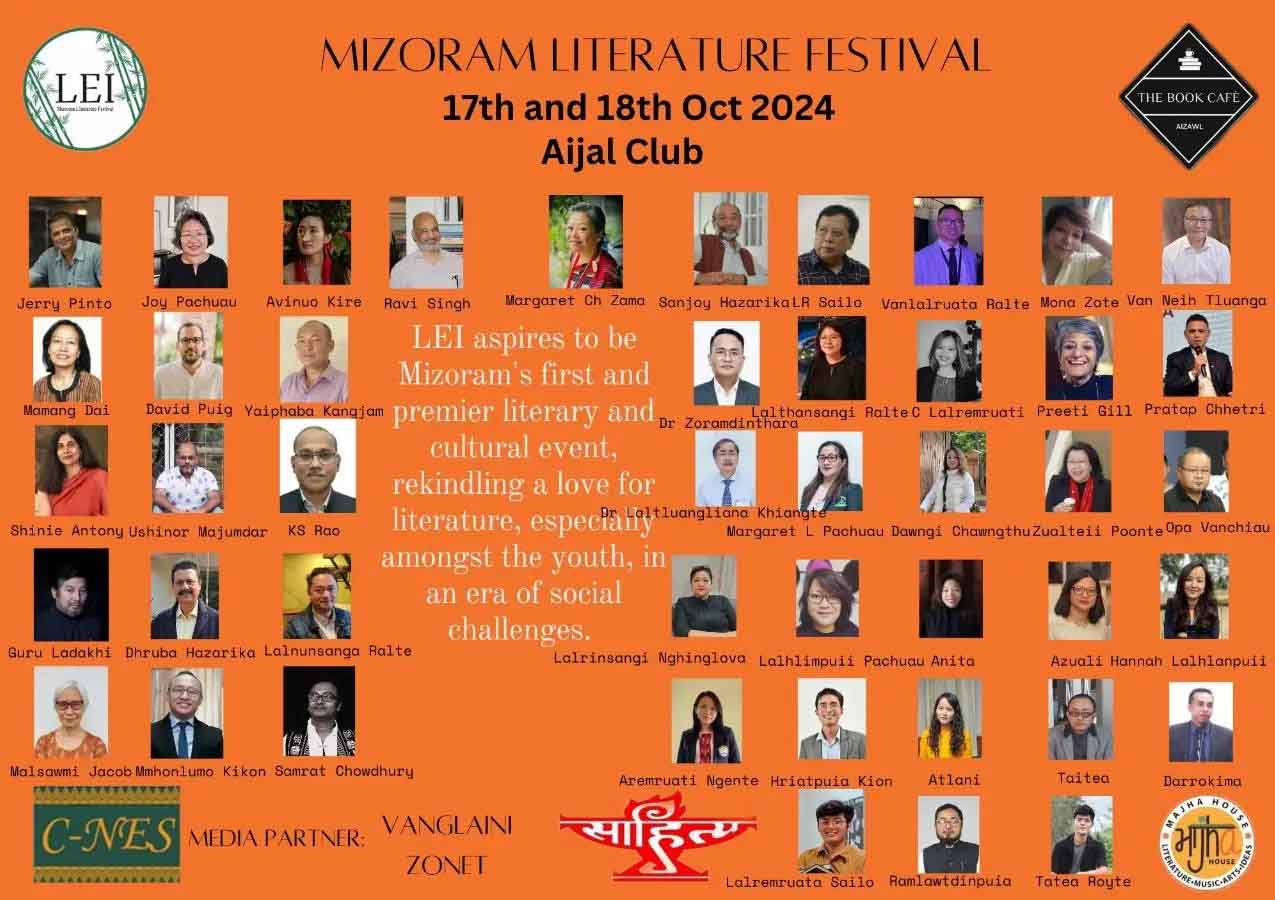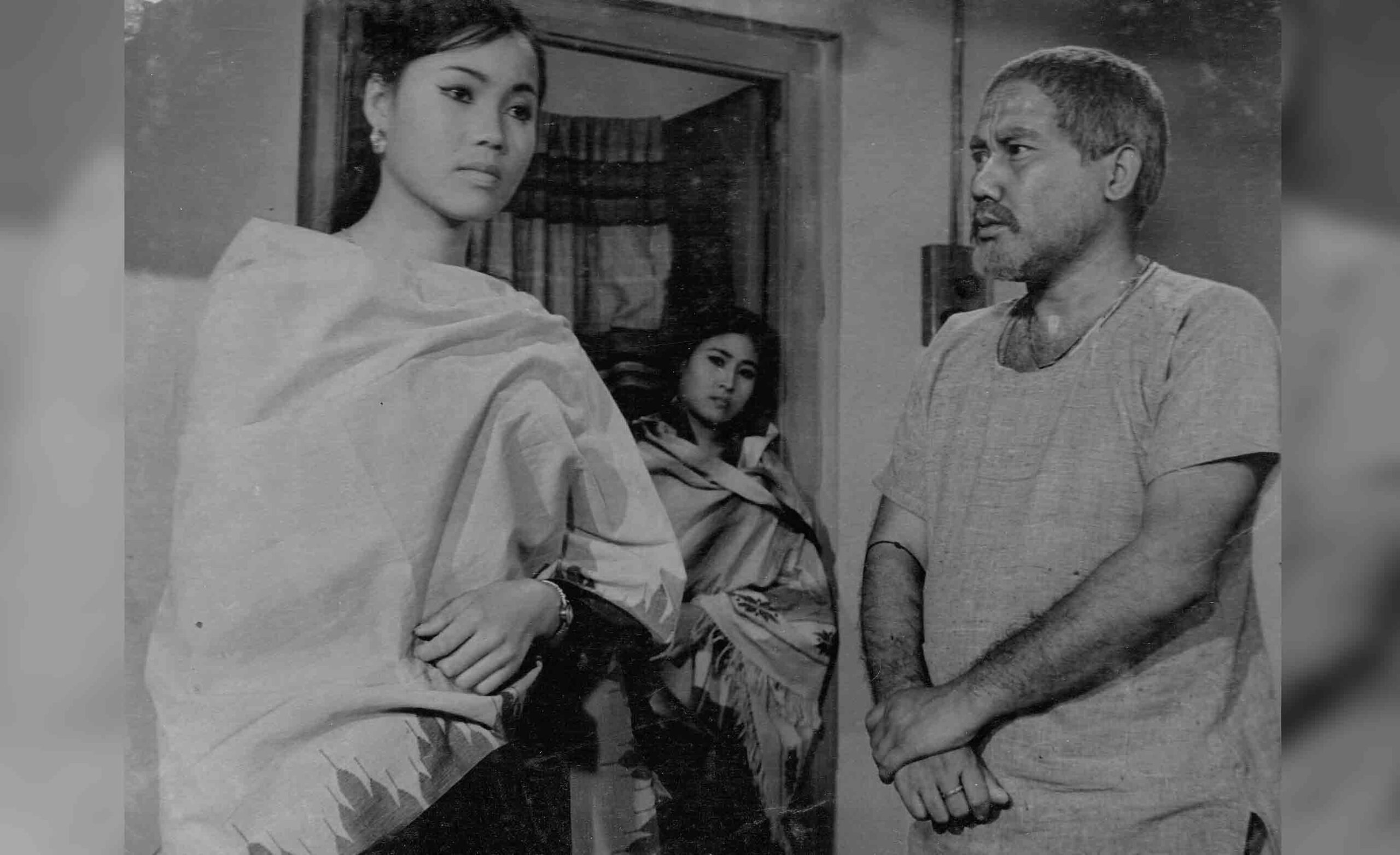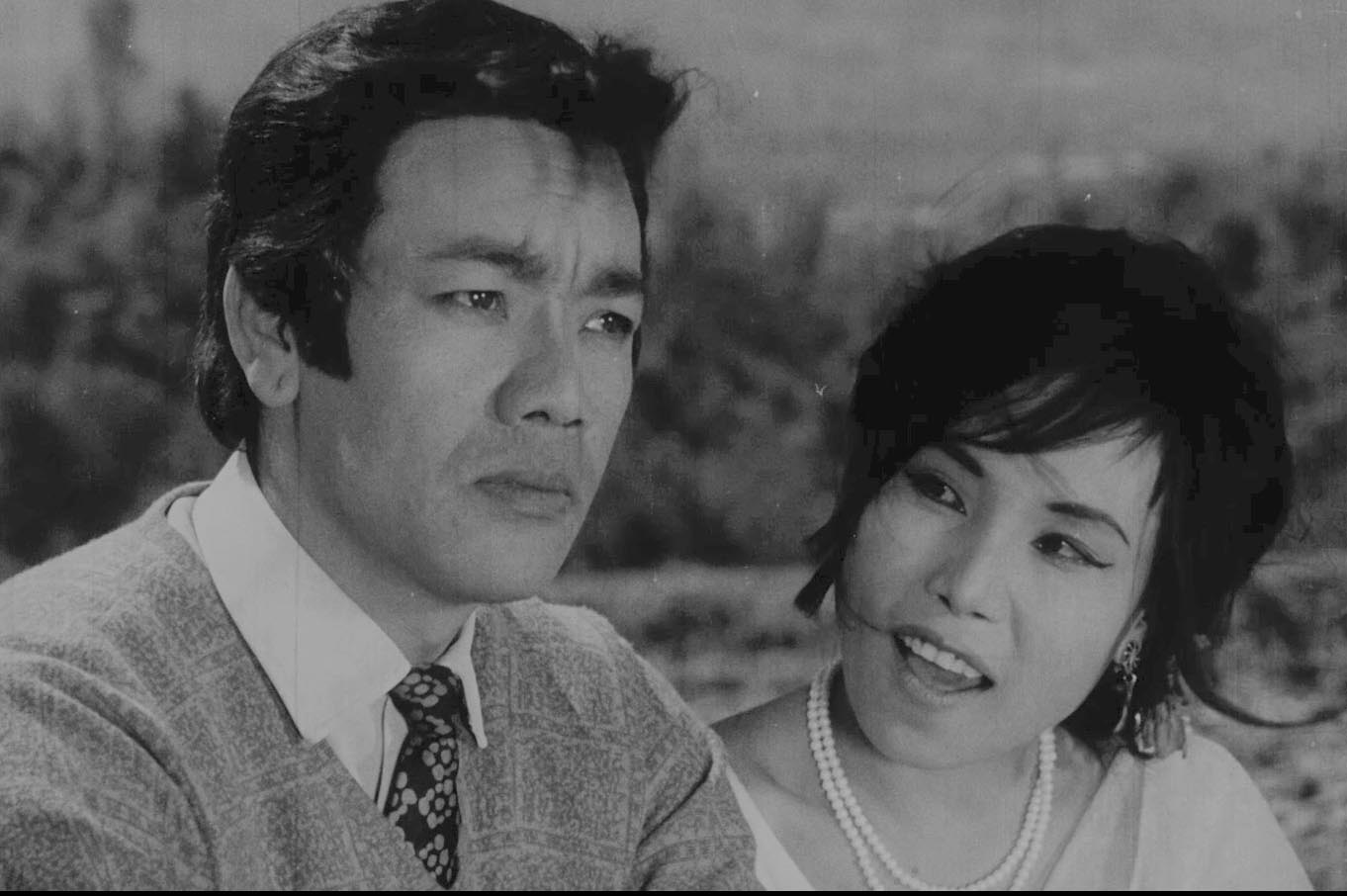‘India has lost a great writer; Bengal has lost a glorious
mother; I have Lost a guardian’
Mamata Banerjee, Chief Minister, West Bengal
The above testimonial tribute, sweet words from the heart, came from Mamata Banerjee, as she epitomized Mahasweta Devi, a Jnanpith Award recipient, a personality loved and admired by each and every Indian, a renowned writer in Bengali literature who left this world recently at her age of ninety. It is very rightly said, Mother Mahasweta Devi was a mother to us all; mother of India, mother of the entire world, mother to millions and millions. Many a tribesman fondly and lovingly called her ‘Maramdai’ (Big sister) and they honoured her too. Fishermen called her ‘Pishimony’ (Aunty), they associated with her endearingly as with a real sister. If one looks into it, one will find that it is no
wonder how Mahasweta Devi possessed an ideal Mother Figure for the masses. It was a spontaneous phenomenon. Her traits, her conduct, her works, her love for humanity, genuine from the depth of the heart, all these made it happen. She stepped out for the oppressed, exploited, dispossessed and marginalized destitute and carried out various exemplary deeds for their welfare. She immersed herself among them, lived with them, ate with them and shared her existence with theirs; she fulfilled several admirable services for their uplift; she planned and took up all kinds of hardship to remove their woes, penury and suffering. Apart from raising organizations for them, she extended financial assistance, and at times, she fought in the courts and earned their lawful rights. She achieved many a worthy accomplishment living and eating together with the tribal communies like the Lodhas in Midnapur district and Kherjya Shabars of Purulia in West Bengal. Not only for these ethnics, but a1so to the tribe people of Bihar, Chhattisgarh, she stretched out her services associating, living and working together with them. She studied the nitty-gritty of their Iivelihood, misery, adversity and tribulation, their traits in facing them and all kinds of their stumbling blocks. She joined in them, involved with them and lived their lives. This is an amazing and precious calibre or should we call it eminence? Suhrid Sankar Chattopadhyay says, “She happies when she was among the people about whom she wrote and for whom she fought – the oppressed, the marginalized, the forgotten people of the land.” So, one cannot but say that Mahasweta Devi was an eminent humanist. She herself at an instance said, ‘I do not write the sufferings of women only, I write about the suffering humanity in total. I am a humanist, not a feminist.’
Thus, the literature of Mahasweta Devi emanates a different distinct flavour and voice. The deeds and cultural activism she, as a person and as a writer maintained, added to it her socio-political thoughts and political ideology, all these are integral to her literary works; they can never ever be separated, detached or severed. From these, came out a literary style, a different technique and creativity of her own. This is a powerful and dynamic new expression of grievances in the modern Indian literature. Indeed she was a strong voice and force. Without fear or retreat, she fought non-stop against injustice, exploitation and the kind of society, which was filled with illness and evils. She remained a rebel and a crusader till the last hour of her life. The name of Mahasweta Devi occupies an exalted status in the present Indian literature.
Mahasweta Devi’s literary career stretched to a span more than sixty years. Within this period, it is said, she wrote about one hundred fifty books. Out of these were a hundred novels, twenty of short story collections. Some of her writings dealt with children’s literature too. Over and above these, she wrote so many letters, articles, essays, pamphlets and the like from time to time. Her first book was ‘Jhansi Rani’ (The Queen of Jhansi) 1956, which, as a matter of fact, was published in the year 1956-57 as part of commemoration of the centenary of The Revolt of 1857. This book is acclaimed as of the nature of critical literature written after a tedious research and rigorous visits to several historical sites.
Her Sahitya Akademi Award winner novel Aranyer Adhikar (The Right of the Forest) 1977 she wrote when she was only twenty five years old; its storyline is based on the life of Birsa Munda a tribal freedom fighter who died of vomiting blood in the Ranchi jail. The novel depicts clearly the fight of he tribesmen for their rights to the forest, their fight against colonial power, and the obviously brutal acts of the Briish colonialists to exploit and oppress the tribe communities. It is a true story that happened in the 19th century when the British Government arrested Birsa Munda with the charge that he was a revolutionist against the government. Mahasweta Devi identified him as a devoted patriot and as a folk hero. Another famous novel of hers Hajar Churashir Maa (No. 1084’s Mother) 1974 is based on Naxalite movement; it reveals the torture by the police. No.1084 was the earmark number of the dead body of Broti, the son of a woman Sujata by name, suspected of being a member in the active group of Naxalite organization. There are also quite a number of well acclaimed short stories of Mahasweta, related to Naxalite movements. Some of the short stories are Wrong Number, Saree, Pratyohik, Draupadi etc. In Draupadi she narrates how the police arrested a tribeswoman Draupadi (Dopdi) accusing that they found a Red Book in her possession, how they tortured her and how they eventually raped her.
A number of her novels written in such themes of injustice, oppression and exploitation are still there; mention can be made of Operation Basai Tudu, Chhoti Munda Aar Taar Teer, Shri Shri Ganesh Mahima, Pterodactyl Puran Sahai O Teertha, Suraj Gagan me. Her novel The Book of the Hunter is based on the life story of a tribeswoman Chumi Kotal of Lodha Shabar community. The woman was the first graduate from among her community; she committed suicide in 1992. The reason was the University authorities harassed and humiliated her severely when she approached them for her admission in the Master Course. After Sixth December was written on Babri Masjid demolition. There are many more short stories dealing with such contemporary issues. The delightful aspect is she often attempted in her books to portray individuals of whom the milieu did not place a proper regard and whom the populace did not much care for. Kabi Bandaghati Gomyir Jibon Mrityu (The Life and Death of Poet Bandhaghati Gami) is of such kind. She in this book narrates deftly about the life and works of an Adivasi poet whom nobody paid a heed and of whom none gave a thought. What the author Mahasweta wants to say here is among people in the lower strata, there are certain people who have talents and who are worthy of appreciation.
There is a close relationship between Mahasweta and Manipuri literature. The Manipuris in great number read her books fondly and they acknowledge her dearly. Pertinent to this appraisal is a special episode that happened in Manipur in the year 2000 CE. Manipur’s renowned director of theatrical art Shri H. Kanhailal presented a stage drama based on this short story Draupadi written by Mahasweta Devi. This drama had a bang of popularity in Manipur and that made the name of Mahasweta Devi too shatter in the air of Manipur. A more stunning event that exploded was Shrimati Savitri Devi, spouse of Shri H. Kanhailal, who acted in the role of Draupadi removed her garment phanek, covered the face of the army officer with it and she spat on his face. That was an astounding unforgettable scene, Savitri Devi poised real naked on the stage. This drama conquered the hearts of people all over India. The drama transparently staged the brutal repression, suppression and subjugation exerted by army and police over innocent people in front of great numbers of audience. One can say this drama indirectly was a huge boost up in the recognition of Mahasweta Devi for the whole of India. Sarah Mitchetta who visited Manipur in in 2012 to undergo research in theatrical art happened to see this Draupadi drama in Kolkata; after witnessing it she commented, “Experiencing the production of ‘Draupadi live in Kolkata was an eye opener. The issues raised in the piece have profound resonances with woman’s experience in Southern Africa. I was awakened by the raw, uncluttered and extremely moving portrayal of the character Draupadi. After experiencing Ima Savitri’s performance, in particular, it felt like my heart had been opened up and I wept uncontrollably. These were unquestionably tears of healing.”
Subsequently in 2012, Kshetrimayum Shanta published his book Lishing Ama Mariphumari gee Mama a Manipuri translation of Mahasweta’ s famous Hajar Churashir Maa. Again in 2013, Prof. Naorem Khagendra too published his Manipuri version of this very book. Several other theatre teams of Manipur too played and staged drama on this story at many places. Nambol’s Khoriphaba Artists Association under the direction of Shri Khoisnam Ranbir, Aryan Theatre Imphal and another theatre group of Chingamakha were some of the ones that staged this drama. Shri L. Raghumani’ s book Umanggee Hak, Manipuri translation of Mahasweta’ s famous novel Aranyer Adhikar, which bagged the Sahitya Akademi Award in 2004 is worthy of mention in this context. With all these events, Mahasweta Devi is no more a new identity to Manipuri literature, her name is widely known here; Manipuri readers recognize her thoroughly. She herself visited Manipur and made her presence in some functions.
Mahasweta Devi was born on January 14, 1926 in Dhaka, which in fact was a part of the then undivided Bengal. She grew up in a family of literature, and art and culture. Her father Manish Ghatak was a renowned poet and a novelist of the ‘Kallol Era’. Her father used Jubanashvva as his pen name. Her paternal uncle Ritwik Ghatak was a well known film maker. Her maternal uncle was the eminent economist Sachin Choudhury who was one of the founder editors of the ‘Economic and Political Weekly’ . Another maternal uncle of hers Shankha Choudhury was a famous sculptor. Mahasweta married the famous actor and dramatist Bijon Bhattacharjee in 1947. Her husband was a Leftwing playwright who took a great role in the IPTA uprising. His drama Nibanna (Harvest), which he wrote based on the well known Bengal Famine incident ran very popular. Mahasweta’s son Nabarun (1948-2014) untimely died of cancer. He, from his young age, was aso well known as a revolutionist poet and satirist. Mahasweta and her husband divorced in 1959, but she steeled in a remarried life soon enough.
Mahasweta Devi, after completing B.A. English t the Viswabjarati University, Shantiniktan and M.A. English under the Calcuta University, enrolled herself in the profession of teaching. Since the days early before that, she had been a cadre of the Leftwing political masses as a volunteer. She participated in the farmers’ strike too. As she plunged into the works of an activist and social worker, deeds and endeavours for the uplift and welfare of the oppressed, marginalised and underprivileged communities of those tribesmen became her ife’s prime mission and accompishment.
Mahasweta Devi was honoured with various awards. The Jnanpith Award, the Ramon Masaysay Award, the Padma Bhushan Award, the Sahitya Akademi Award, the Banga Bibhushan Award are some of the many laurels she received. Quite a number of films based on her stories were produced too. Rudali, Hajar Churashir Maa proved to be high rated movies.
Across India people, big and small, condoled when Mahasweta Devi expired on Juy 7, 2016. Prime Minister of India and many other eminent personalities of the higher up joined in the condolence for her. Rajya Sabha prayed for the peace of her soul. The Government of West Bengal showed respect to her soul at the state level; Governor, Chief Minister, prominent ministers and tribesmen leaders with their community masses attended at her funeral.
She has departed. However her voice will remain immortal. The beautiful glitter of her love for the miserable, the downtrodden, the exploited destitute in
her heart, real and genuine, with its energetic power will never ever extinguish. She is now a new history that she herself created in the Indian literature. Budhadeb Dasgupta who has produced thirteen short films based on her short stories paid his homage to her thus, “I used to know her personality for a very long time. She was an extraordinary person. What I respected the most is that she lived life completely on her own terms. She never apologised for what she did and never cared for the opinion of society. Her way of life was altogether different, and that to me is a very unique life.”
(From the volume “Confluence Essays on Manipuri Literature and Culture” by the author, compiled and edited by B.S. Rakumar)



